1741. Magical Thinking
Scott Sumner discusses the complexities of fiscal policy and the misconceptions surrounding quick fixes to economic issues, highlighting recent examples and political implications.
your daily dose of economic commentary
Scott Sumner discusses the complexities of fiscal policy and the misconceptions surrounding quick fixes to economic issues, highlighting recent examples and political implications.
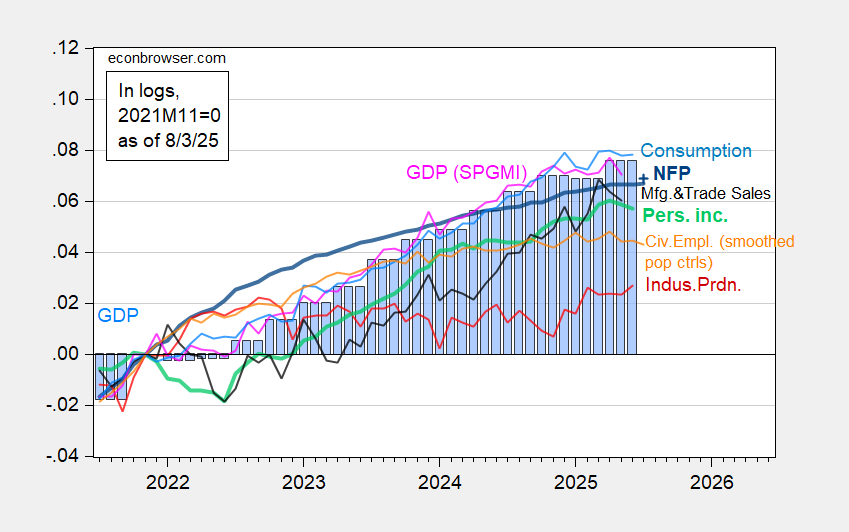
Menzie Chinn analyzes employment data and economic indicators to assess potential turning points in the business cycle.
David Henderson discusses various articles on government actions, financial privacy, and minimum wage issues in his weekly reading roundup.
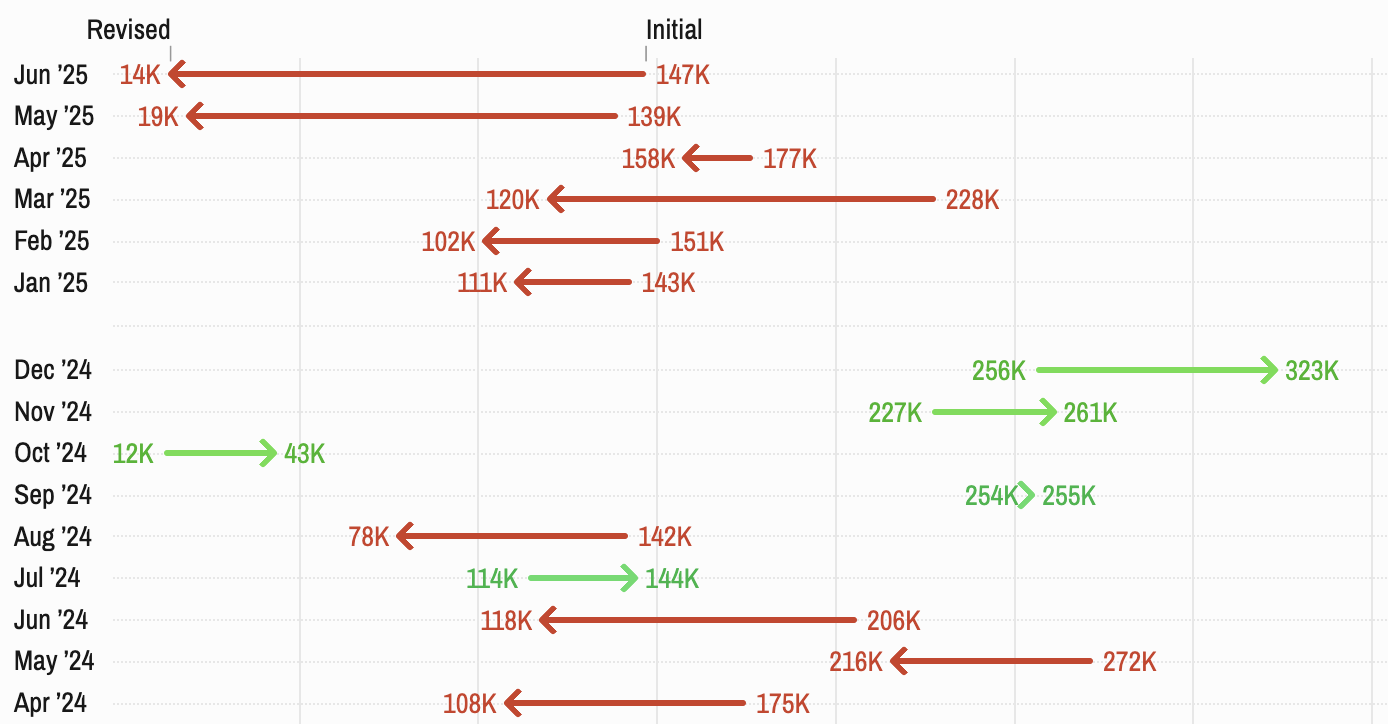
Nate Silver discusses the reliability of U.S. economic data and critiques the politicization of data interpretation, particularly in relation to employment statistics.
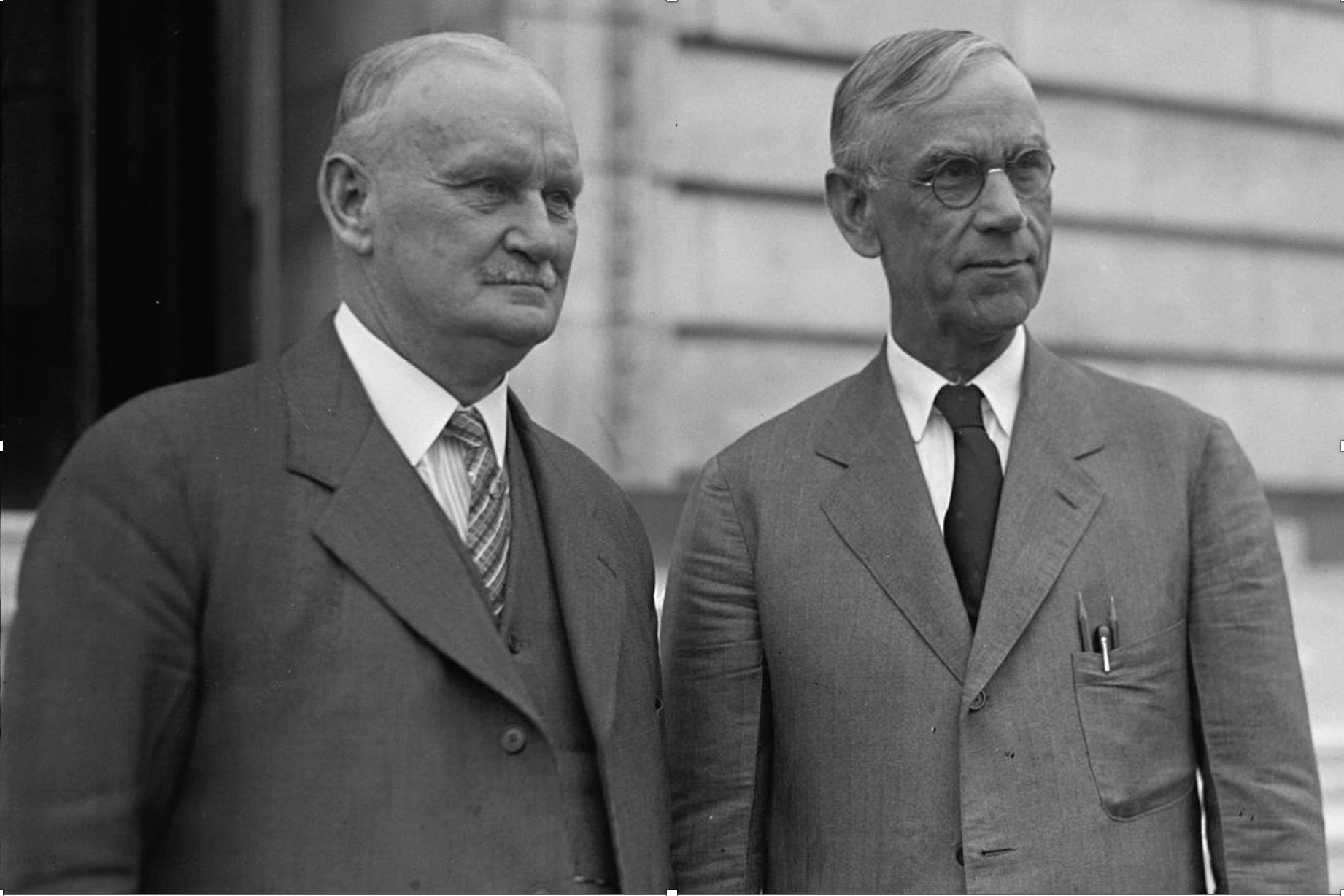
The post discusses the implications of Trump's tariffs, comparing them to the Smoot-Hawley Act, and highlights their negative impact on families and U.S. credibility.
Bill McBride discusses the composition and independence of the FOMC, emphasizing the importance of data-driven decisions free from political influence.

Noah Smith discusses the potential economic impact of the AI data center boom and compares it to past infrastructure booms that led to economic crashes.

The author shares personal experiences, including a Mahjong parlor visit, a workshop on causal inference, and various cultural observations, blending anecdotes with reflections on social interactions.

A jury found Tesla partly liable for a fatal 2019 crash involving its Autopilot technology, and the company plans to appeal the decision.

The post outlines the economic data schedule for the week, highlighting key reports like the trade deficit and unemployment claims.

The post discusses the historical trends in the U.S. auto industry, focusing on employment shifts, production value, and the impact of trade policies on Detroit's economy.

Amanda Aronczyk discusses the declining trust in economists and its impact on their work and influence in politics.

Paul Krugman discusses the corruption of economic data under the Trump administration and its implications for trust in official statistics.
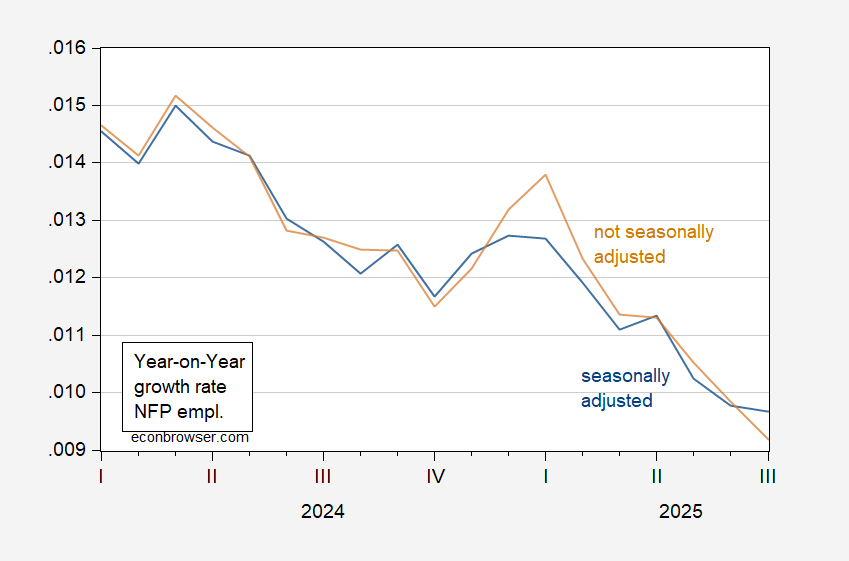
An argument that employment numbers may not be significantly affected by seasonal adjustments, supported by various data comparisons and analyses of nonfarm payroll statistics.
An argument that declining federal budgets for statistical agencies undermines the quality and availability of essential data for policymakers and the public.

An argument that new tariffs announced by Trump may impact job growth and provoke political consequences, including the dismissal of a government agency head.
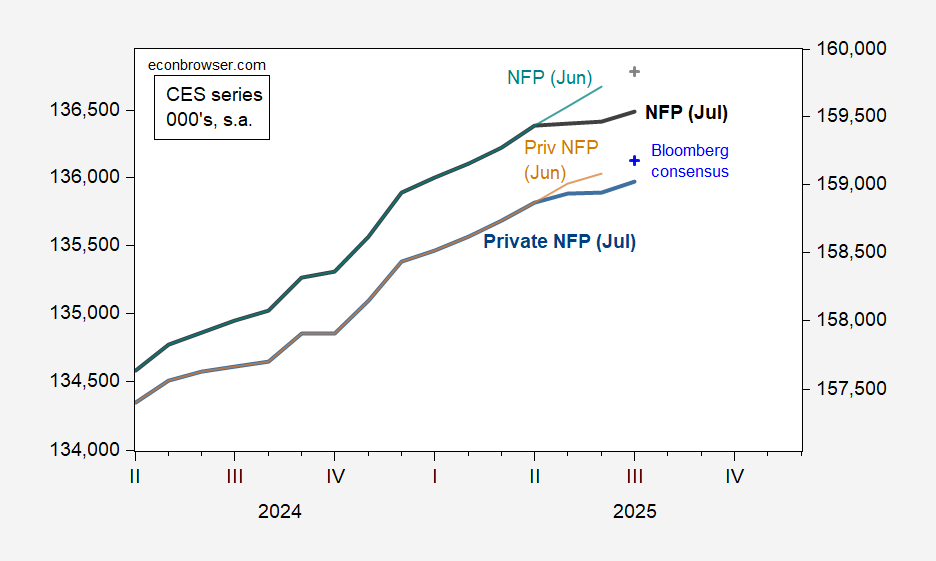
The post discusses disappointing employment data for July, indicating a potential slowdown in the labor market and its implications for economic trends and monetary policy.
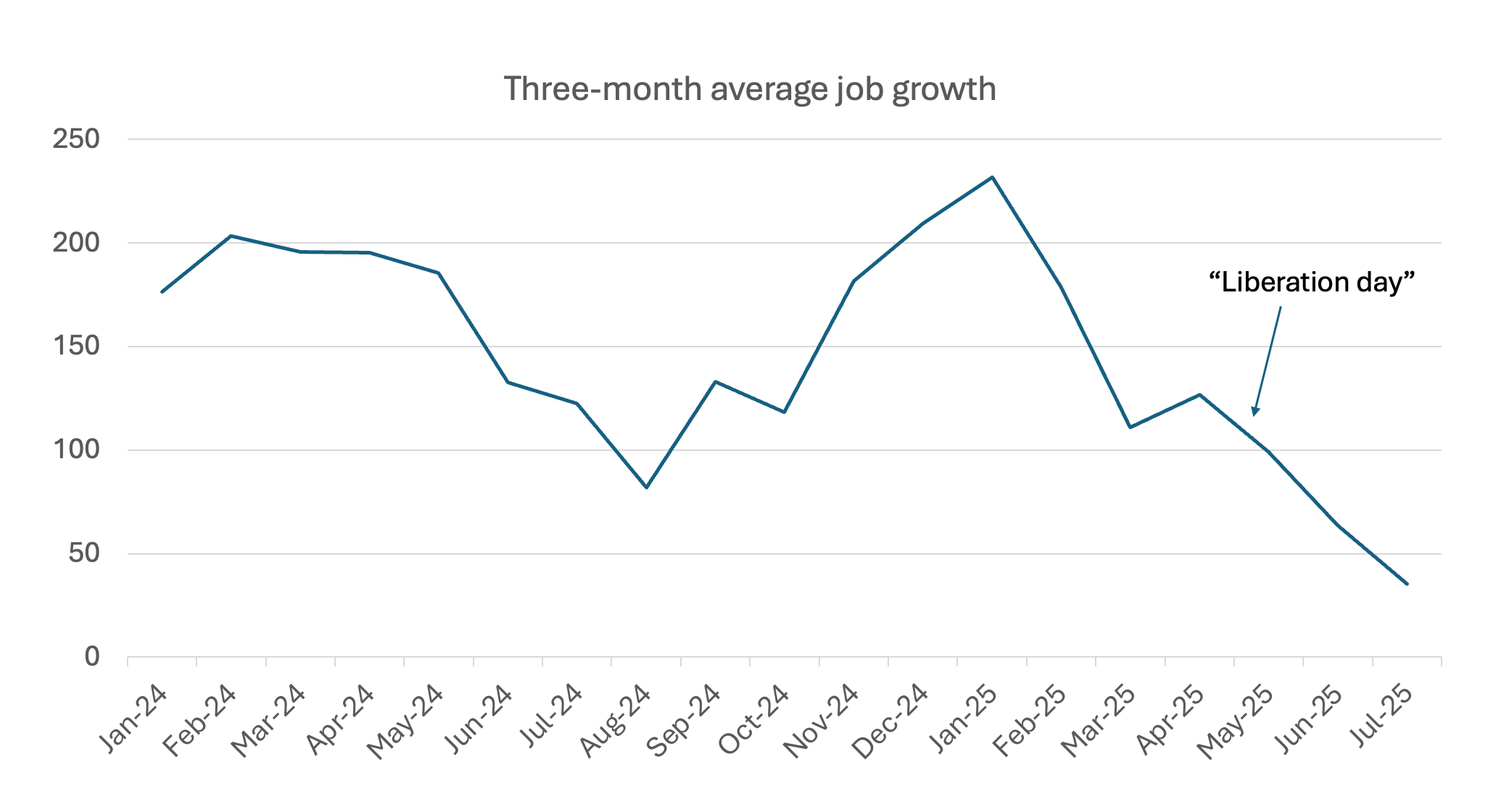
Paul Krugman discusses the impact of Trump's tariffs and uncertainty on the jobs report, emphasizing the economic slowdown and its misinterpretation in political contexts.

The Corporation for Public Broadcasting announces its shutdown due to the loss of federal funding following a law signed by the President.
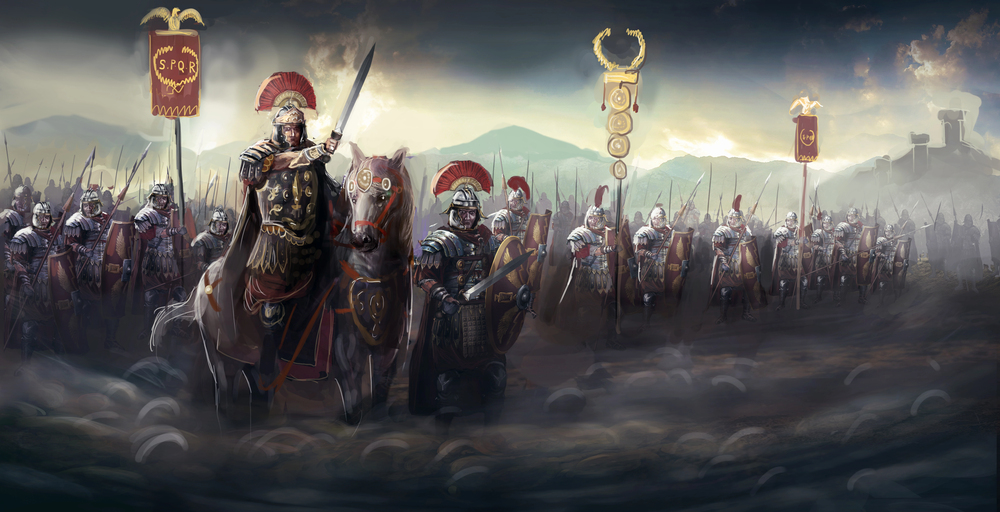
The post discusses the economic turmoil in the Roman Empire during Diocletian's reign, focusing on failed price controls and the consequences of inflationary policies.